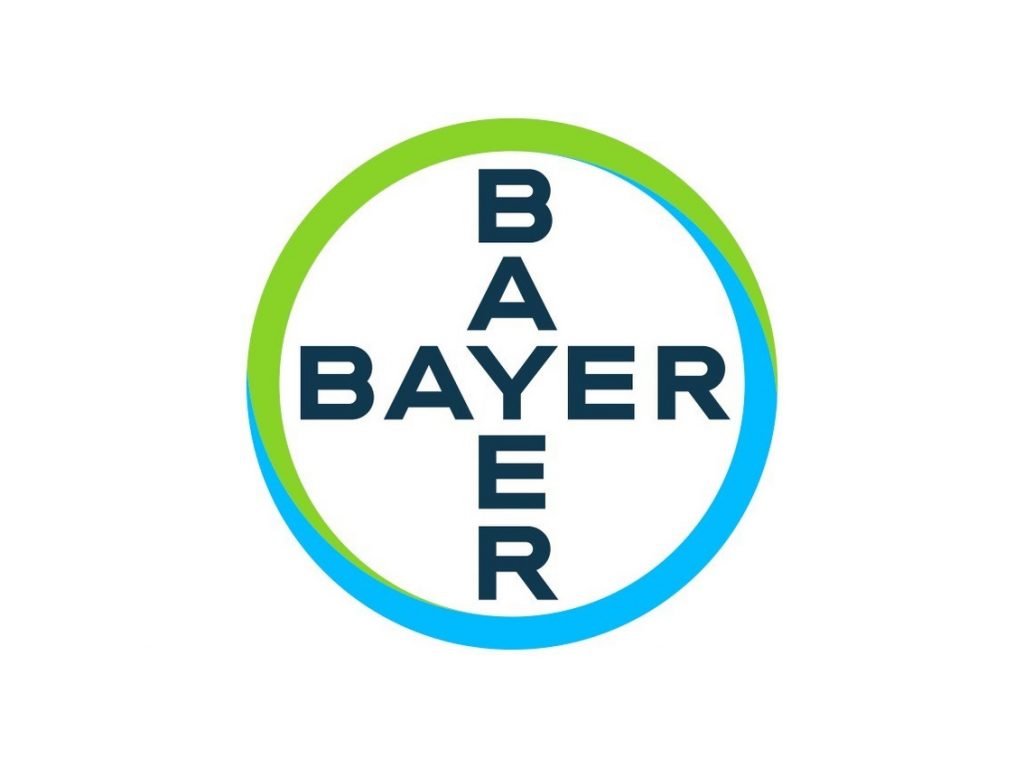Food Chain Partnership in the Netherlands
During the recent Bayer Exhibitor Forum, held at Fruit Logistica, Berlin, Frank Terhorst, head of crop strategy and portfolio manager at Bayer Crop Science, stated that innovation and digitalisation are the company´s key pillars for sustainable production. Bayer’s mission is to deliver world-class innovation as a pioneer in digital transformation and setting new standards of sustainability through tailored solutions. Among the firm’s sustainability commitments, the most outstanding ones are: reducing field greenhouse gas emissions by 30%, decreasing the environmental impact of crop protection by 30%, and empowering smallholder farmers to access sustainable agricultural solutions. With a firm commitment to the fresh produce sector, Bayer is dedicated to developing innovative solutions for horticulture production, driving digitally enabled tailored solutions for farms, and further enhancing food chain activities beyond the farm.
“The Food Chain Partnership business model provides sustainable crop solutions to growers worldwide,” said Terhorst.
An eye on the future
One of the biggest challenges on the global scale is the constantly growing demand for food due to the increasing population, which places a huge pressure on the planetary ecosystem. Hunger, malnutrition, obesity and diabetes are also playing important roles. As a potential solution, Ernst van den Ende, managing director of the Plant Sciences Group at the Wageningen University in the Netherlands, proposes a second “green revolution”, which brings new diets supported by healthy lifestyle principles, along with environmental care, good agricultural practices, and nutritional crops, but also with more severe parameters for food safety and ecology.
Nowadays, farm fields are one of the biggest contributors of CO2, after the coal and gas industries. That is why Dutch science journalist Hidde Boersma thinks it is necessary to use less surface area for agricultural purposes while producing more.
“We should return land to nature,” said Boersma, who argues for a form of ecomodernism based on the belief that intensive agriculture, large-scale urbanisation, and investments in high-tech clean energy are the best ways to become a prosperous green planet.




